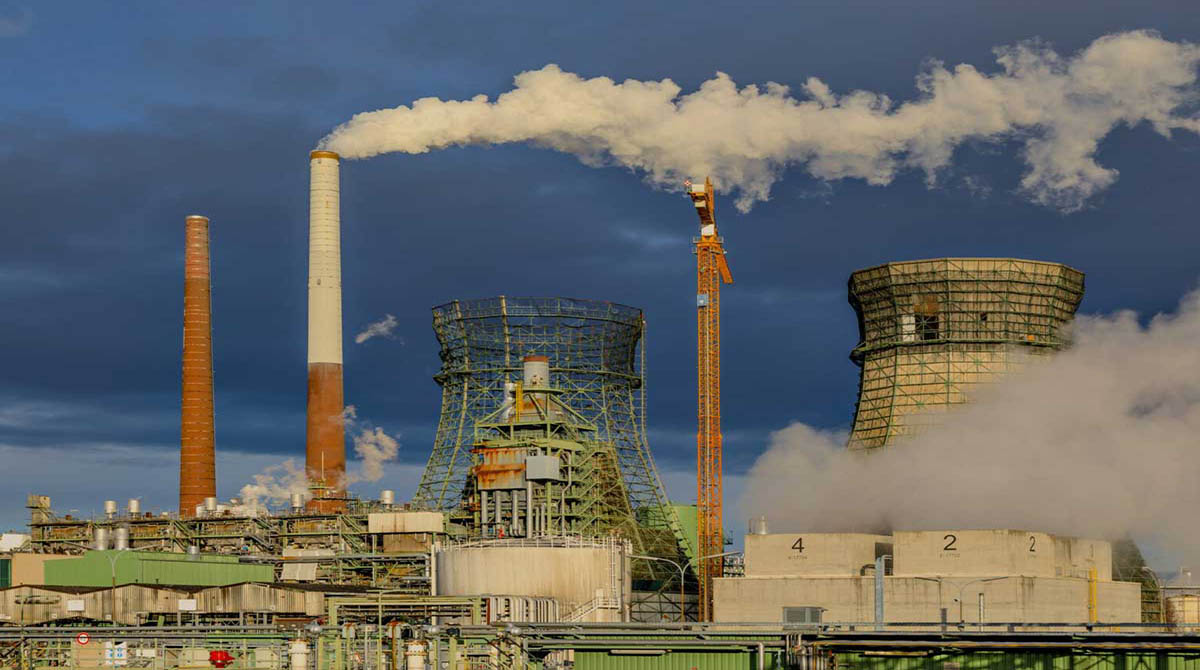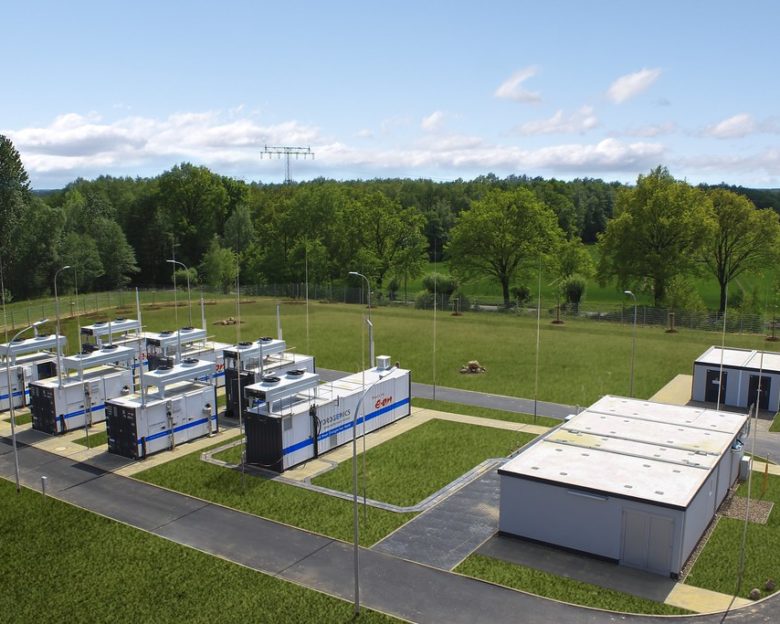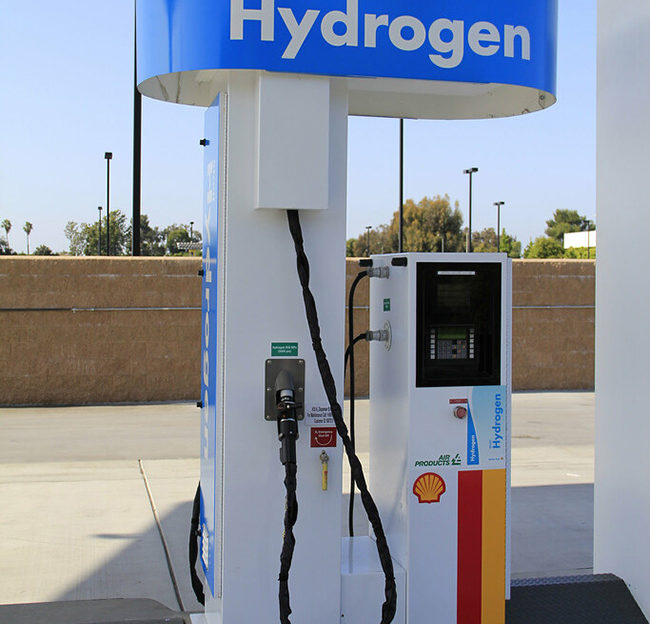Hydrogen Industry
Acres, Solutions Provider to the Hydrogen Industry
Are you looking to invest in the future of your company? Here at Acres Engineering, we comprehend the motion in which the Hydrogen industry progresses. That’s why we’re working with leading players in the field.
Key Drivers
Hydrogen manufacturers gain from working with a supplier who understands the focus on producing low-carbon emissions to align with sustainability goals.
As a prominent goal to achieve net zero emissions by 2050, energy suppliers continue to make significant progress towards this target.
Acres Engineering are committed to collaborate with companies in the Hydrogen industry to help them advance and meet demand in today’s world. By leveraging our expertise in manufacturing and sustainable practices, we aim to provide innovative solutions and support the development of hydrogen technologies.
-

The quality and care of components is critical.
-

Safety & FOD control is paramount.
-

Robust, fit-for-purpose products, designed to last.

Expertise
Together through partnership, we CAN achieve Net Zero.
With years of experience, we possess a deep understanding of the unique challenges and opportunities within this rapidly evolving sector. Our professional team of designers and engineers work to offer comprehensive services, from conceptual design to precision manufacturing. We are committed to delivering cutting-edge solutions tailored to your specific needs, ensuring that your projects are executed with precision and efficiency. We stand ready, to contribute our expertise, helping you to achieve your goals.
-

Delivered on time.
-

World class product design.
-

Improving flow.
The History of Hydrogen
From Discovery to Green Energy: The Evolution of the Hydrogen Industry
The history of the Hydrogen industry is a long and ever-evolving one, with significant developments occurring over the last two centuries. First discovered by Henry Cavendish in 1766, the potential uses for hydrogen were not fully understood. However, in the 19th Century, hydrogen began being used for gas lighting. During WWII, hydrogen was used in the production of synthetic fuels and in the post-war period, hydrogen-powered rockets and nuclear weapons programs also contributed to its development. In the 1950s and 1960s, NASA demonstrated its potential, using hydrogen as a rocket fuel. The 1970’s saw growing environmental concerns about fossil fuels that led to renewed interest in hydrogen as an alternative energy source. In recent years, there has been a growing emphasis on “green hydrogen,” which is produced using renewable energy sources through processes like electrolysis. Many governments around the world have launched initiatives and research programs to support the development of a hydrogen economy.
-

Multi-sector solutions.
-

Team member engagement is key to project success.
-

Continual Improvement.

Major Players
In the United Kingdom, the Hydrogen industry highlights several key players that hold pivotal positions in advancing and sustaining the nation’s clean energy capabilities.
Siemens: The company’s engagement with hydrogen-related projects has evolved overtime. They’re committed to helping customers transition to a clean energy future.
Hydrogenics: Founded in the 20th century, the company is known for their expertise in Hydrogen production, infrastructure, solutions and fuel cells.
Shell PLC: The major international energy company explored the use of hydrogen as a clean fuel for various applications, including transportation and industrial processes. Shell also operated and expanded a network of hydrogen fueling stations in select regions, primarily in Europe and North America, to support the growth of hydrogen-powered vehicles.
BP: Global energy company (British Petroleum) has been actively involved in various hydrogen-related initiatives and projects. BP invested in the development and operation of hydrogen refueling stations, particularly in regions with a growing market for hydrogen-powered vehicles. They also entered into partnerships with research institutions and governments to advance hydrogen technologies and accelerate the adoption of hydrogen as a clean energy source.



